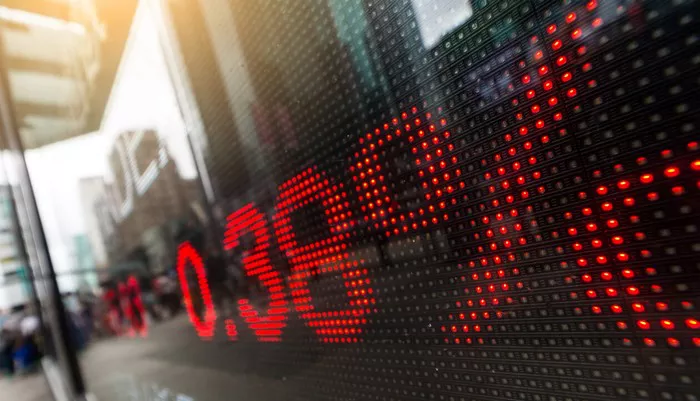In the world of finance, terminology can sometimes be confusing, especially for those who are new to investing or trading. One common misconception is the interchangeable use of terms like “stocks” and “futures.” While both refer to financial instruments traded in markets, they are distinct in nature and serve different purposes. In this article, we’ll delve into the definitions of stocks and futures, explore their characteristics, and clarify why they are not the same thing.
Understanding Stocks
Stocks, also known as equities or shares, represent ownership in a company. When an investor purchases shares of stock, they are buying a portion of that company’s ownership. Companies issue stocks as a means of raising capital to fund operations, expansion, or other business activities. Stockholders are entitled to a share of the company’s profits in the form of dividends, as well as voting rights in corporate decisions such as electing board members.
Characteristics of Stocks
Stocks possess several key characteristics that distinguish them from other financial instruments:
Ownership: Owning shares of stock means owning a stake in the company’s assets and earnings. Shareholders have a claim on the company’s profits and may receive dividends if the company distributes them.
Price Volatility: Stock prices can fluctuate widely in response to changes in market conditions, company performance, economic indicators, and investor sentiment. Stock markets are known for their volatility, with prices often experiencing significant swings over short periods.
Liquidity: Stocks are highly liquid assets, meaning they can be easily bought or sold on public stock exchanges. Investors can enter and exit positions in stocks with relative ease, thanks to the deep liquidity of equity markets.
Long-Term Investment: Stocks are typically viewed as long-term investments, with investors seeking to generate capital appreciation over time. While some investors engage in short-term trading to capitalize on price movements, many investors adopt a buy-and-hold strategy for their stock holdings.
Understanding Futures
Futures are financial contracts that obligate the buyer to purchase and the seller to sell a specified asset, such as commodities, currencies, or financial instruments, at a predetermined price on a specified date in the future. Futures contracts are traded on regulated exchanges and serve multiple purposes, including hedging, speculation, and price discovery. Unlike stocks, which represent ownership in a company, futures contracts represent a commitment to buy or sell an underlying asset at a future date.
Characteristics of Futures
Futures contracts possess several key characteristics that distinguish them from stocks and other financial instruments:
Standardization: Futures contracts are standardized agreements with fixed contract specifications, including the quantity and quality of the underlying asset, the delivery date, and the delivery location. Standardization ensures uniformity and facilitates trading and clearing on regulated exchanges.
Leverage: Futures contracts offer leverage, allowing investors to control a larger position with a relatively small amount of capital. Leverage magnifies both potential profits and losses, increasing the risk and volatility of futures trading.
Margin Requirements: Margin requirements are the amount of capital that investors must deposit with their brokerage firms to initiate and maintain positions in futures contracts. Margin requirements serve as collateral and help mitigate counterparty risk, ensuring the financial integrity of the futures market.
Settlement Methods: Futures contracts can be settled through physical delivery or cash settlement, depending on the preferences of the parties involved. Physical delivery involves the transfer of the underlying asset from the seller to the buyer at a predetermined delivery location, while cash settlement involves the payment of cash based on the final settlement price of the contract.
Why Stocks Are Not Called Futures
While both stocks and futures are financial instruments traded in markets, they are fundamentally different in nature and serve different purposes. Stocks represent ownership in a company and entitle shareholders to a share of the company’s profits and voting rights. In contrast, futures contracts represent a commitment to buy or sell an underlying asset at a future date and are used for hedging, speculation, and price discovery.
Conclusion
In conclusion, stocks and futures are distinct financial instruments with unique characteristics and purposes. Stocks represent ownership in a company and provide investors with a claim on the company’s profits and assets. Futures contracts, on the other hand, represent a commitment to buy or sell an underlying asset at a future date and are used for hedging, speculation, and price discovery. By understanding the differences between stocks and futures, investors can make informed decisions and effectively manage their investment portfolios.


